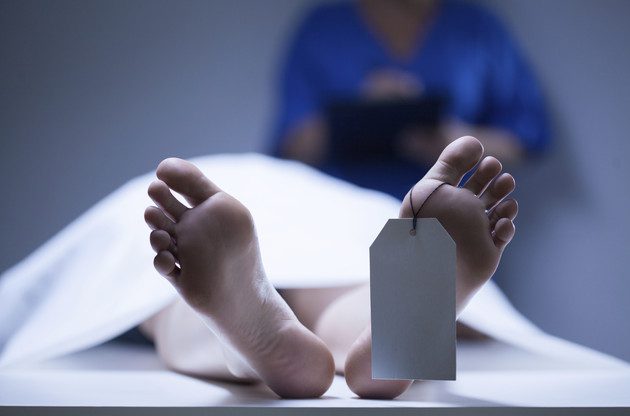There has always been a great mystery surrounding what happens in the brain at the time of death.
While recounts of near-death experiences like seeing a light at the end of the tunnel or floating above the body have long been debated, we’ve never fully understood what cognitively happens at the time of death. Until now.

Doctors from New York University Langone School of Medicine conducted twin studies in Europe and the US on people who had suffered cardiac arrest and ‘came back’ to life, in the largest study of its kind.
The research revealed that a person’s consciousness continues to work after the body has stopped showing signs of life – meaning they have awareness of their own death.
Furthermore, there is evidence to suggest someone who has died may even hear their own death being announced by medics.
Dr. Sam Parnia, author of the study, told Live Science: “They’ll describe watching doctors and nurses working and they’ll describe having awareness of full conversations, of visual things that were going on, that would otherwise not be known to them.”
Dr. Parnia says that these recollections were then verified by medical and nursing staff who reported their patients, who were technically dead, could remember details of what they were saying.
Death Of Brain Cells Can Take Hours
Medically speaking, doctors define death based on when the heart stops beating and cuts off blood supply to the brain.
“Technically, that’s how you get the time of death – it’s all based on the moment when the heart stops,” explained Dr. Sam Parnia. Once that happens, blood no longer circulates to the brain, which means brain function halts almost instantaneously.
“You lose all your brain stem reflexes – your gag reflex, your pupil reflex, all that is gone.”
Dr. Parnia says that the brain’s cerebral cortex – which is responsible for thinking and processing information from the five senses – also instantly flatlines. This means that within 2 to 20 seconds, no brainwaves will be detected on an electric monitor, sparking a chain reaction of cellular processes that will result in the death of brain cells.
However, this can take hours after the heart has stopped, he explained.
And performing cardiopulmonary resuscitation (CPR) that hasn’t successfully revived a patient can still result in sending some blood to the brain – though only about 15% of what it requires to function normally. So, cell death is still happening, just at a slightly slower rate, he said.
If you found this article interesting, please share with friends and family by clicking the button below!
Source: dailymail.co.uk




